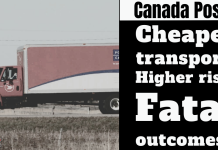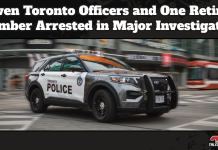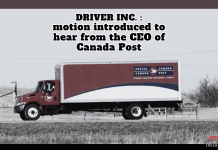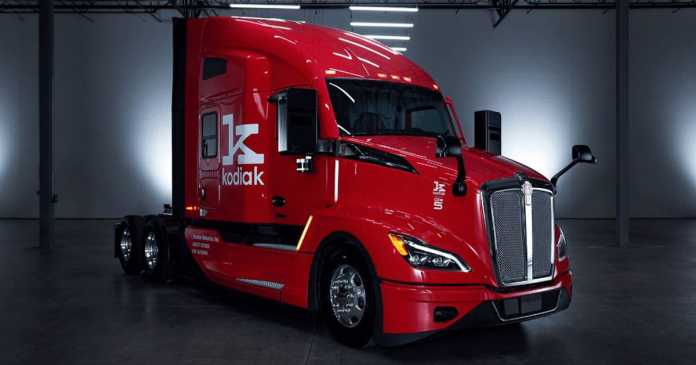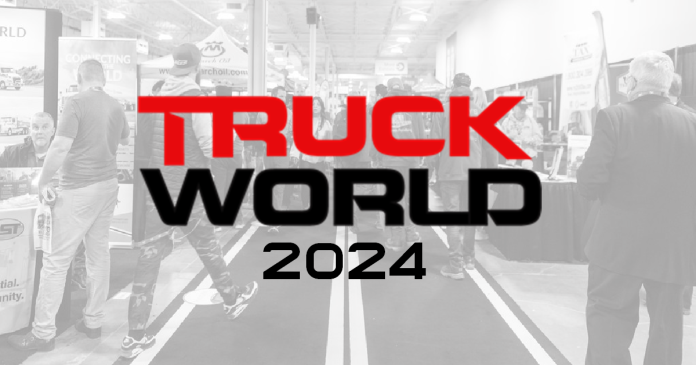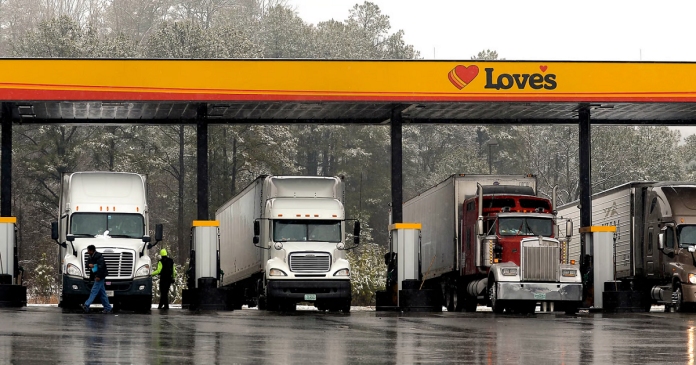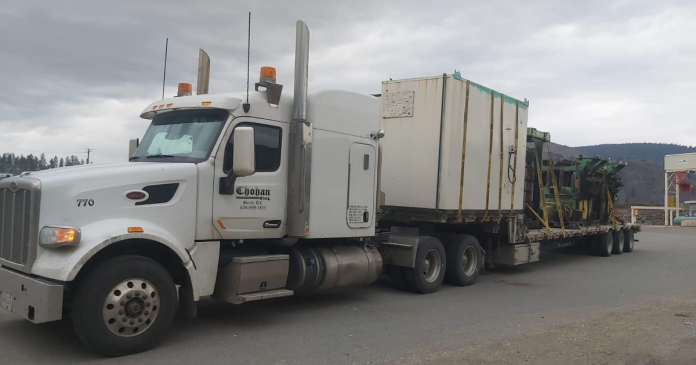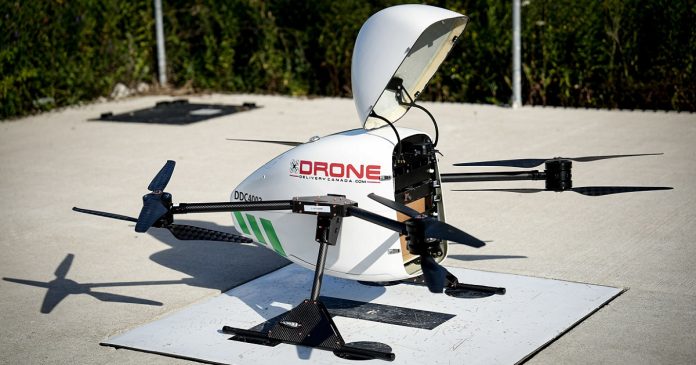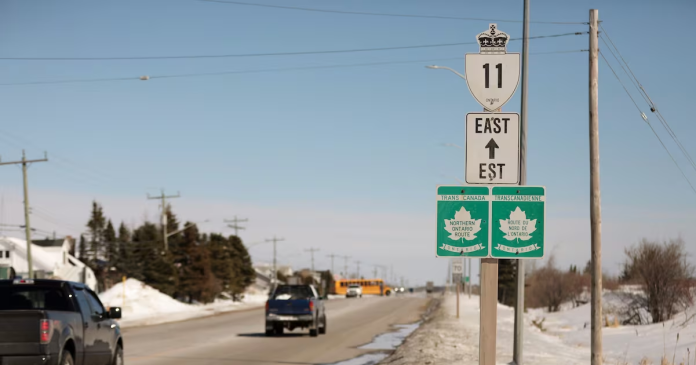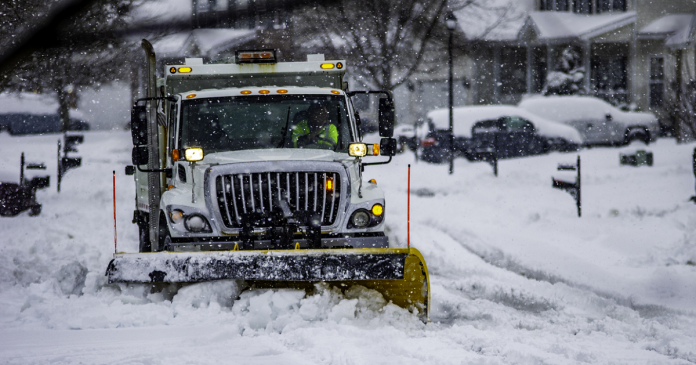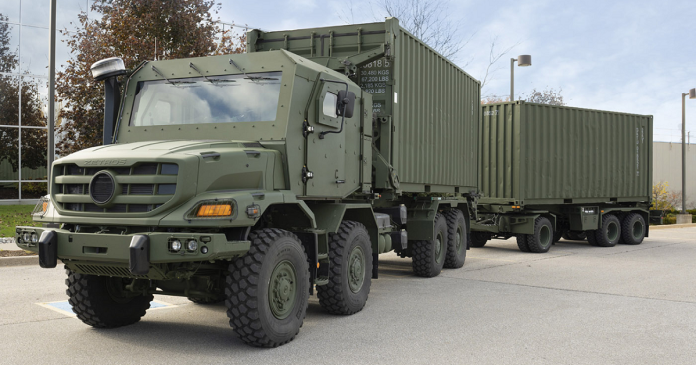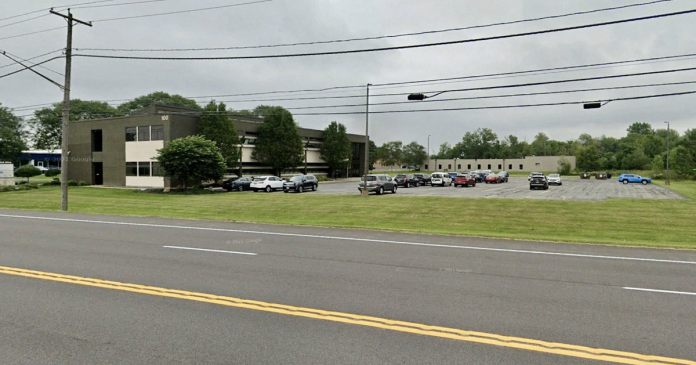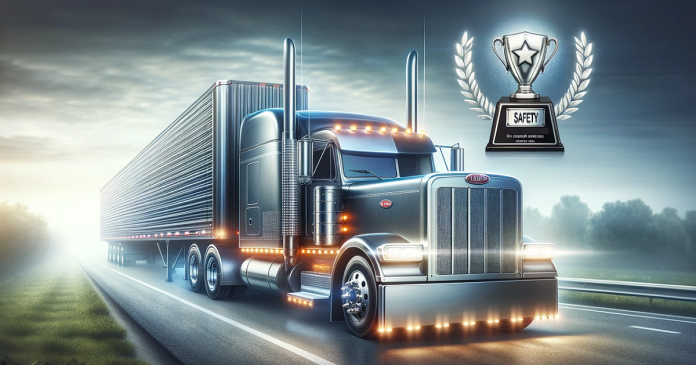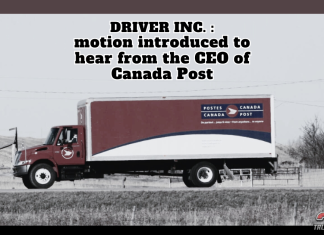Kodiak Robotics recently unveiled an autonomous semi-truck, positioning it as the first vehicle of its kind designed for large-scale, driverless deployment. Presented on January 9, just before the 2024 Consumer Electronics Show (CES) in Las Vegas, this truck marks the sixth generation in Kodiak’s series of autonomous vehicles. This innovation is set to be used in the company’s driverless operations between Dallas and Houston over the course of the year.
Advanced Technical Features
The truck, a culmination of five years of real-world testing, including transporting 5,000 loads over more than 2.5 million miles, incorporates the Kodiak Driver autonomous system. This system, vehicle-agnostic, is equipped with a hardware platform featuring safety redundancy and is ready for fully autonomous driving. It showcases significant advancements in processing capabilities, memory, and bandwidth, offering enhanced safety and performance compared to previous models.
Commitment to Safety and Autonomy
Don Burnette, founder and CEO of Kodiak, emphasizes that their autonomous truck is the first to achieve a level of redundancy and safety in line with automotive standards for deployment on public roads. Having covered 2.5 million miles, the company has proven the robustness and reliability of its autonomous trucks, both from a hardware and software perspective. This development represents a significant step towards realizing their vision of long-haul, driverless transport.
Redundancy Systems for Safe Driving
Kodiak has implemented several redundancy systems to ensure the safety of the truck. This includes an advanced pneumatic braking system with three brake actuators, a dual-redundant steering system, and the Kodiak ACE, a high-integrity safety computer. Additionally, the truck is equipped with a redundant power system and innovative SensorPods™ featuring LiDAR sensors and microphones. Together, these features ensure a high level of safety, enabling the truck to effectively respond in the event of critical failures.



